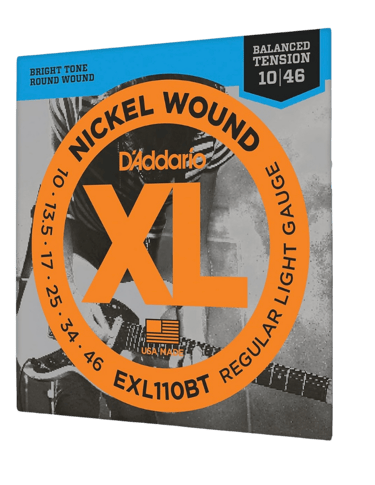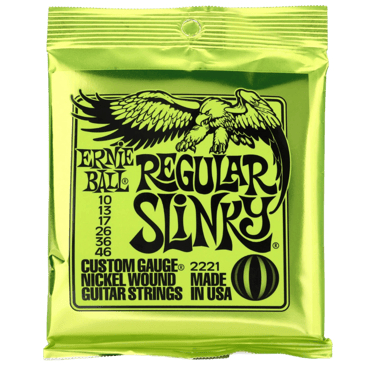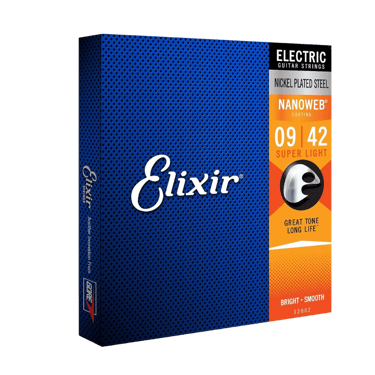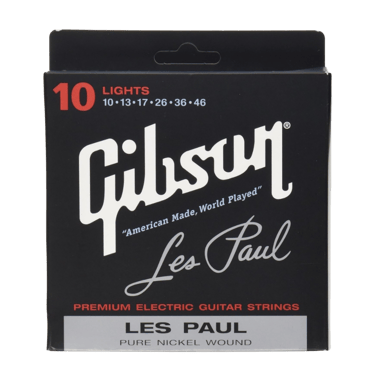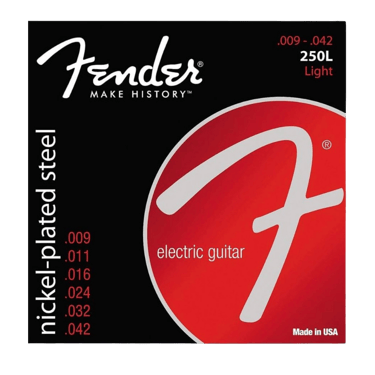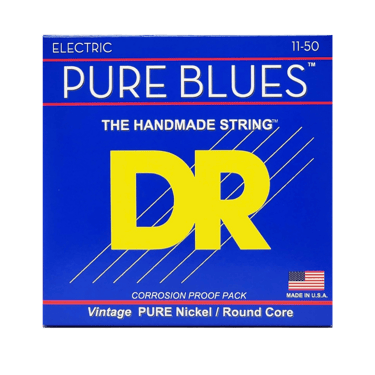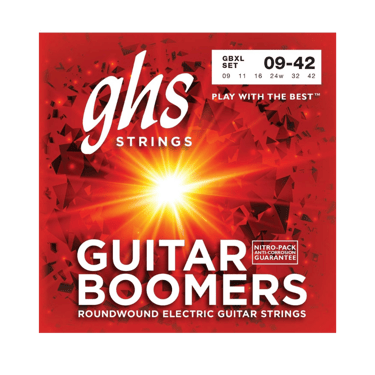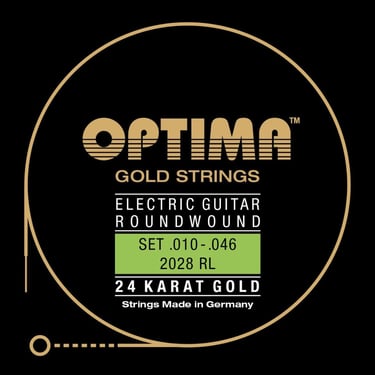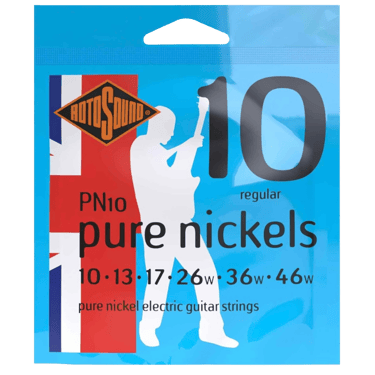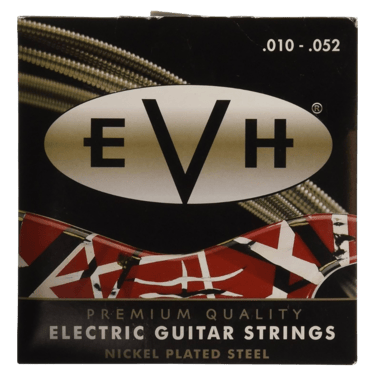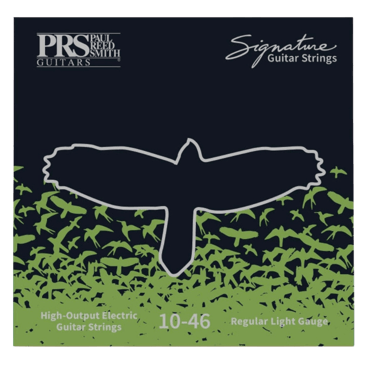How to Choose the Right Guitar String Gauge?
In this article, I want to share our experience with the different string gauges we use on our guitars. This is a common question we've received many times, so we decided to address it in a video and in this article, so we can exchange experiences and help each other find the best gauge according to our needs.
Marcelo Dominguez
1/12/20256 min read
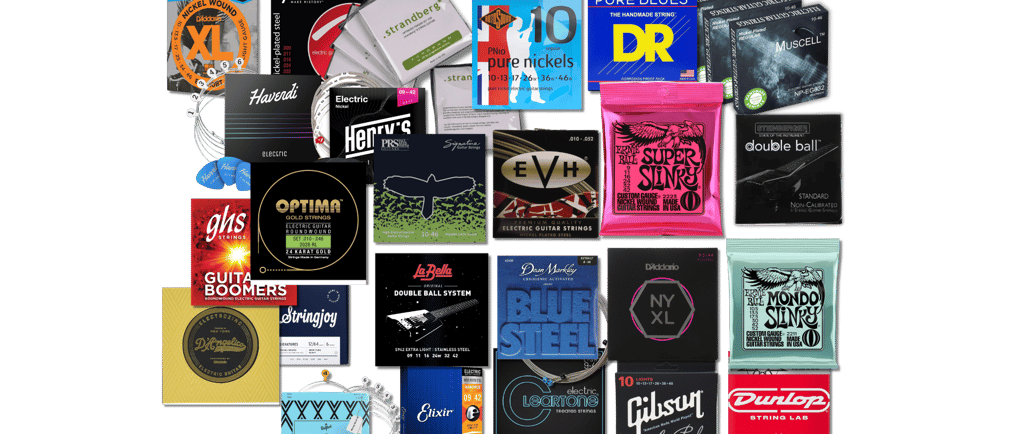

How to Choose the Right Guitar String Gauge?
Choosing the right string gauge has a lot to do with personal preference, comfort, and sometimes even psychology. Often, we stick to a certain gauge just because it's the standard or because someone told us it's 'the best.' However, every guitarist has their own style, and each guitar responds differently to a specific set of strings.
Today, I want to share my experience with three guitars that I use regularly, how I tried different gauges, and the conclusions I reached after several attempts.
1. Jackson JS22 Dinky – Gauge 0.09
This is my most affordable guitar—the one I usually take with me when I’m out and about or in situations where I need a reliable but accessible instrument.
After trying several gauges, I settled on .09s. I tested .10s, .095s, and even .08s, but .09s gave me the best balance between comfort and tone. Since it has a longer scale length, the lighter strings feel more comfortable for my playing style, which isn’t too aggressive.
While I could have gone with a heavier gauge for a thicker sound, I noticed that the guitar breathes better with this set of strings and responds more naturally to my way of playing
2. Gretsch Jet Duo 6128 – Gauge 0.10
This guitar is my favorite for live shows and recording. It has TV Jones PowerTron pickups and a Bigsby bridge, which affects the feel of the strings.
At first, I tried .11s, which produced a deep tone, but it was too difficult for me to play solos and bend strings. I experimented with .105s, .095s, and even .09s, but in this case, I felt the guitar lost attack and presence.
In the end, .10s turned out to be the best middle ground: they preserve the character of the instrument while still allowing me to play comfortably
3. Ibanez AFJ95 – Gauge 0.11
This is my jazz guitar, and choosing the right string gauge for it was a long process full of trials and errors.
Following outside advice, I started with .13s, which was torture for my hands. Then I tried .12s, which sounded good but still felt too stiff. With .11s, I finally found the perfect balance: the instrument keeps its resonance and body without sacrificing comfort.
I tried going down to .10s, but the guitar lost too much presence, so I went back to .11s and stuck with that setup.
Finding the Perfect String Gauge for Your Guitar
Every guitarist and every instrument has different needs, but here are some key points I learned throughout this process:
Listen to your guitar: Not all guitars work well with all gauges. Sometimes the sound improves just by changing strings.
Prioritize comfort: If a certain gauge causes pain or fatigue, you might want to try something lighter.
Don’t get too influenced: What works for a famous guitarist won’t necessarily be the best choice for you.
Experiment: Trying different gauges is the best way to find the right one for you.
Consider the materials: Strings can be made of nickel, stainless steel, chrome, titanium, cobalt, or have special coatings—all of which affect tone and durability
Recommended String Brands
There are many options on the market, and we've tried several of them. Some of the most well-known and recommended brands are:
D’Addario
Ernie Ball
Elixir (coated)
Gibson
Fender
DR Strings
GHS
Optima
Rotosound
EVH
(Eddie Van Halen)
PRS
Each one has its own unique characteristics and offers different materials and coatings.
How Electric Guitar String Materials Impact Your Sound and Playing Experience?
When we choose a string set for our electric guitar, we often focus on the gauge, but an equally important factor is the material the strings are made from. Depending on the material, the guitar’s response can change dramatically, affecting both tone and feel.
In this section, we explore the most common materials used in electric guitar strings and how they can influence your sound.
Main Electric Guitar String Materials
Nickel-Plated Steel
This is the most common material used in electric guitar strings. It offers a balance between brightness and warmth, with a well-rounded response that works well for nearly any musical style.Pure Nickel
If you’re looking for a warmer, more vintage tone, pure nickel strings are a great option. They have less brightness and a smoother feel, ideal for blues, jazz, and classic rock.Stainless Steel
Stainless steel strings are known for their extra brightness and greater durability. They’re corrosion-resistant and generate less friction on the frets, which can help extend the life of your fretboard. They're ideal for metal and hard rock.Chrome
Chrome strings are more commonly used on jazz guitars, as they produce a darker, smoother tone with less high-end attack. Some blues musicians also use them for a rounder, mellower sound.Titanium
Titanium strings offer high strength and a bright, articulate tone. Though less common, some guitarists prefer them for their durability and tuning stability.Cobalt
Cobalt is a newer material in string manufacturing and stands out for its enhanced magnetic response, which translates into a wider dynamic range and more powerful tone. It's ideal for players looking for a more defined and aggressive sound.Coated Strings
Coated strings have a protective layer that helps prevent corrosion and extend their lifespan. They’re great for players who sweat a lot or play in humid environments. While they last longer, they tend to feel a bit more slippery and may lose a bit of brightness.Colored and Special Style Strings
Some brands offer strings with bright colors or visual effects, like fluorescent or glow-in-the-dark coatings. While they don’t significantly affect tone, they can add a unique visual touch to your guitar on stage.
Which Material Should You Choose?
The string material will affect both your tone and your playing experience. Here are some recommendations based on musical style:
✔ Rock/Blues: Pure nickel or nickel-plated steel for a warm, balanced sound
✔ Metal/Hard Rock: Stainless steel or cobalt for a bright, aggressive tone
✔ Jazz: Chrome or pure nickel for a smooth, rounded tone
✔ Versatility: Nickel-plated steel is the most balanced and adaptable option
✔ Durability: Coated strings if you want them to last longer
Every guitarist has their own preferences, so the best approach is to experiment with different materials and find the tone that suits you best.
Conclusion: Discover Your Own Tone
Choosing the right string gauge is a very personal decision. There's no one-size-fits-all answer, but the most important thing is to find a balance between comfort and tone. Experimenting and listening to how your instrument responds is key to making the best choice.
We’d love to hear about your experience: What gauge do you use on your guitars? Have you tried different options? Leave us a comment and let’s share our knowledge!
Follow Us on YouTube, Instagram, TikTok y Facebook for more content about music and gear.
See you in the next article!
M & R Music Revolution – From New York to the World!








